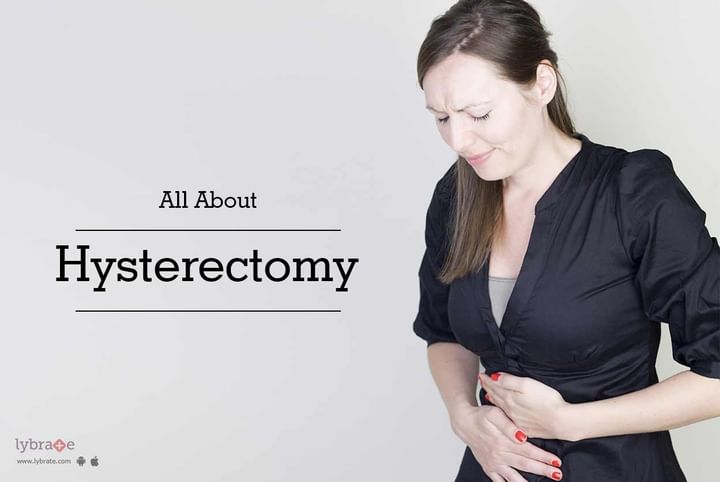All About Hysterectomy
A hysterectomy is a surgical procedure to remove a woman's uterus. The uterus, also known as the womb, is where a baby grows when a woman is pregnant. The uterine lining is the source of menstrual blood.
You may need a hysterectomy for many reasons. The surgery can be used to treat a number of chronic pain conditions as well as certain types of cancer and infections.
A woman may have a hysterectomy for different reasons, including:
- Uterine fibroids that cause pain, bleeding, or other problems
- Uterine prolapse, which is a sliding of the uterus from its normal position into the vaginal canal
- Cancer of the uterus, cervix, or ovaries
- Endometriosis
- Abnormal vaginal bleeding
- Chronic pelvic pain
- Adenomyosis, or a thickening of the uterus
- Hysterectomy for noncancerous reasons is usually considered only after all other treatment approaches have been tried without success.
Types of Hysterectomy:
Depending on the reason for the hysterectomy, a surgeon may choose to remove all or only part of the uterus. Patients and health care providers sometimes use these terms inexactly, so it is important to clarify if the cervix and/or ovaries are removed:
In partial or supracervical hysterectomy, the upper portion of the uterus is removed, leaving the cervix intact.
Complete or total hysterectomy involves the removal of both the uterus and the cervix. This is the most common type of hysterectomy performed.
Hysterectomy with bilateral salpingo-oophorectomy is the removal of the uterus, cervix, fallopian tubes, and ovaries.
Radical hysterectomy is an extensive surgical procedure in which the uterus, cervix, ovaries, fallopian tubes, upper vagina, some surrounding tissue, and lymph nodes are removed.
Hysterectomy Surgical Procedures
Traditionally, hysterectomies have been performed using a technique known as total abdominal hysterectomy (TAH). However, in recent years, two less-invasive procedures have been developed: Vaginal hysterectomy and Laparoscopic hysterectomy:
- Total Abdominal Hysterectomy (TAH): In a total abdominal hysterectomy (TAH), the surgeon makes an incision approximately five inches long in the abdominal wall, cutting through skin and connective tissue to reach the uterus. This type of surgery is especially useful if there are large fibroids or if cancer is suspected. Disadvantages include more pain and a longer recovery time than other procedures, and a larger scar.
- Vaginal Hysterectomy: A vaginal hysterectomy is done through a small incision at the top of the vagina. Through the incision, the uterus (and cervix, if necessary) is separated from its connecting tissue and blood supply and removed through the vagina. This procedure is often used for conditions such as uterine prolapse. Vaginal hysterectomy heals faster than abdominal hysterectomy, results in less pain, and generally does not cause external scarring.
- Laparoscopic Hysterectomy: During a laparoscopic hysterectomy, your doctor uses a tiny instrument called a laparoscope. A laparoscope is a long, thin tube with a high-intensity light and a high-resolution camera at the front. The instrument is inserted through incisions in the abdomen. Three or four small incisions are made instead of one large incision. Once the surgeon can see your uterus, they will cut the uterus into small pieces and remove one piece at a time.
A hysterectomy is a major decision that you should take after careful consultation with your doctor. You should understand the reason for the operation, the benefits and risks and the alternatives to a hysterectomy. If you are unsure, discuss the issue with your doctor or obtain a second opinion.



+1.svg)
